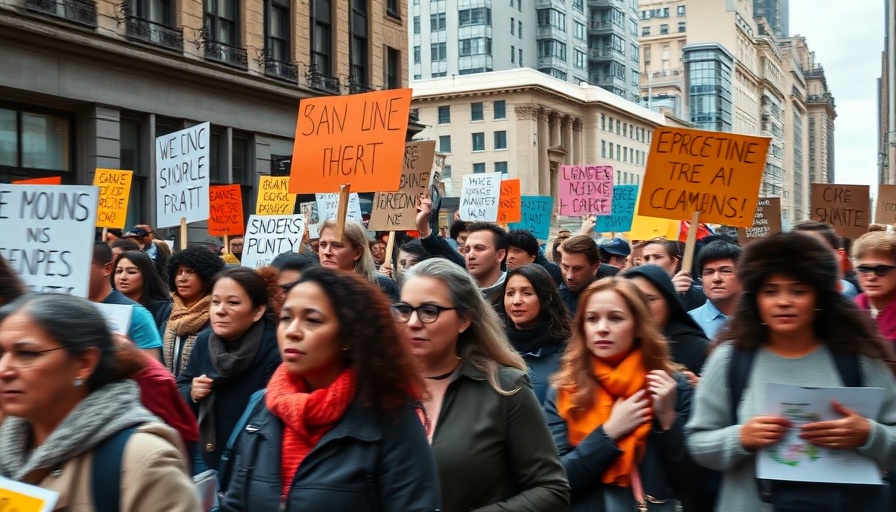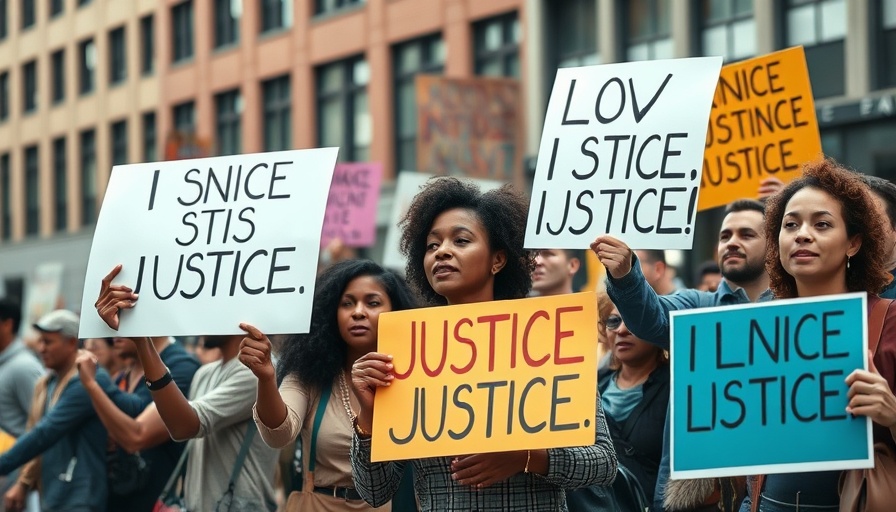
Proposed Legislation: A Step Toward Police Reform
On March 20, 2025, the Nebraska Legislature’s Judiciary Committee convened to discuss LB 222, a significant piece of legislation aimed at curbing non-safety-related traffic stops. This initiative reflects growing concerns over police-community relations and a push for police reform that prioritizes procedural justice and community trust. By focusing on traffic stops that do not pertain to safety, lawmakers are seeking to address a contentious area of police-public encounters that disproportionately affect marginalized groups.
Understanding the Rationale Behind LB 222
Proponents of LB 222 argue that reducing non-safety traffic stops can lead to safer communities by allowing police resources to be reallocated more effectively. Data from organizations advocating for police accountability indicate that many non-safety stops disproportionately target individuals based on race and socio-economic status.
This measure aligns with national trends advocating for reduced police contact as a strategy to bolster community safety. A public safety data analysis conducted in various U.S. cities has revealed that decreased non-safety stops correlate with a reduction in escalated police encounters. This insight is pivotal as it suggests that focusing on traffic safety initiatives rather than minor infractions could lead to improved police-community trust.
The Impact of Legislative Decisions on Police Practices
The hearing highlighted the complexities surrounding police reform and the need for innovative recruitment strategies that bolster community policing efforts. As policymakers deliberate on LB 222, they must consider how these legislative decisions impact law enforcement leadership and overall officer wellness. The legislation promotes transparency and accountability, vital components in rebuilding trust between law enforcement and the communities they serve.
Community input is crucial in shaping law enforcement practices. This type of procedural justice fosters an environment where citizens feel heard and valued, ultimately enhancing way police manage resources.
The Future of Traffic Stops and Law Enforcement Accountability
LB 222 represents a movement towards transformative change in policing—introducing measures that prioritize the well-being of communities while pushing for necessary reform. As discussions surrounding public safety evolve, one must consider the implications of technological advancements in policing, such as body camera footage that can promote transparency during traffic stops.
As stakeholders in public safety navigate the nuances of such legislative efforts, it is essential to also examine crisis intervention strategies that minimize the potential for conflict during police encounters.
What’s Next for Nebraska?
As the Nebraska Legislature deliberates on this important bill, it sets a precedent for other states grappling with similar issues. The effectiveness of LB 222 could inspire additional policies aimed at revising use of force policies and implementing consent decrees. Law enforcement agencies must prepare for a future where accountability and trust are fundamental to their strategies, and community engagement is pivotal.
For police departments and policymakers, the call to action is clear: engage in dialogue, analyze data, and seek innovative approaches to ensure that law enforcement practices are equitable, effective, and reflective of the communities they serve. Explore how your department can adopt these strategies to foster lasting reforms.
 Add Row
Add Row  Add
Add 

 Add Element
Add Element 




Write A Comment